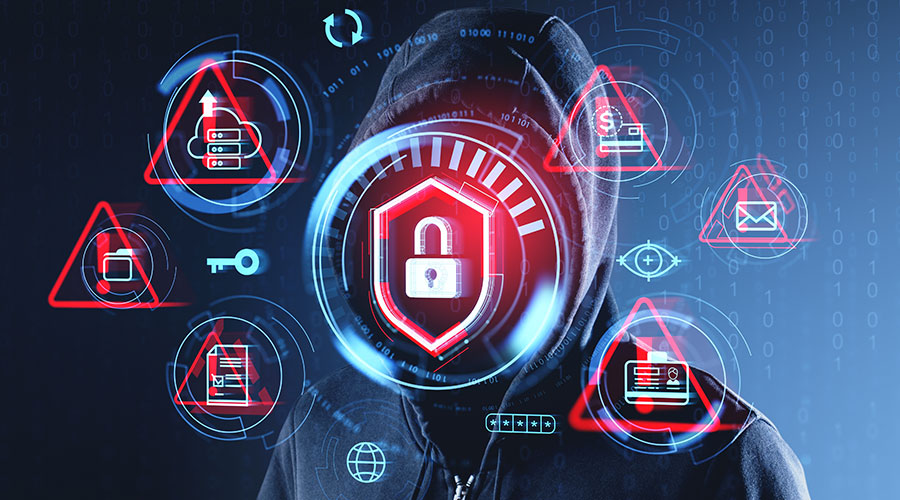Charges have been unsealed by the U.S. Justice Department against Evgenii Ptitsyn, a 42-year-old Russian national accused of using and distributing the Phobos ransomware, according to a press release. The ransomware has been used globally to target over 1,000 organizations, including healthcare, and has extorted more than $16 million.
Prosecutors allege that from 2020 onward, Ptitsyn and cohorts sold Phobos ransomware via a site on the dark web, allowing affiliates to encrypt victims’ data and demand payment for decryption keys, according to the Justice Department. They also threatened to leak sensitive data if ransom payments weren’t made. Ptitsyn also allegedly oversaw payments through cryptocurrency wallets linked to these operations. He is being extradited from South Korea and faces 13 charges, including wire fraud, computer hacking and extortion.
Related: Healthcare Facilities Alerted of 'Scattered Spider' Cyber Threat
A variant of the Phobos ransomware called “Backmydata” was used in a February 2024 cyberattack that took 100 Romanian healthcare facilities offline, according to The HIPAA Journal. Additionally, the group behind Phobos is known to utilize double extortion tactics, in which cybercriminals take systems offline and hold the data for ransom while also stealing data and threatening to leak it out. This can put pressure on healthcare organizations to pay out.
Paying the ransom doesn’t guarantee the affected organizations will get their data back, though, according to the FBI. It also emboldens cybercriminals to continue their operations by targeting more potential victims.
In addition, the FBI recommends these actions to stay safe from ransomware:
- Update operating systems, software and applications routinely.
- Ensure that antivirus and antimalware programs are set up to automatically update and run routine scans.
- Back up data regularly, and check to make sure they’re completed.
- Secure backups, and make sure they’re not connected to the devices or networks they’re backing up
- Create a response plan in case the organization becomes the victim of a ransomware attack.
Jeff Wardon, Jr., is the assistant editor for the facilities market.

 Assisted Living Facility Violated Safety Standards: OSHA
Assisted Living Facility Violated Safety Standards: OSHA McCarthy Completes Construction of Citizens Health Hospital in Kansas
McCarthy Completes Construction of Citizens Health Hospital in Kansas California Tower at UC Davis Health Topped Out
California Tower at UC Davis Health Topped Out What 'Light' Daily Cleaning of Patient Rooms Misses
What 'Light' Daily Cleaning of Patient Rooms Misses Sprinkler Compliance: Navigating Code Mandates, Renovation Triggers and Patient Safety
Sprinkler Compliance: Navigating Code Mandates, Renovation Triggers and Patient Safety